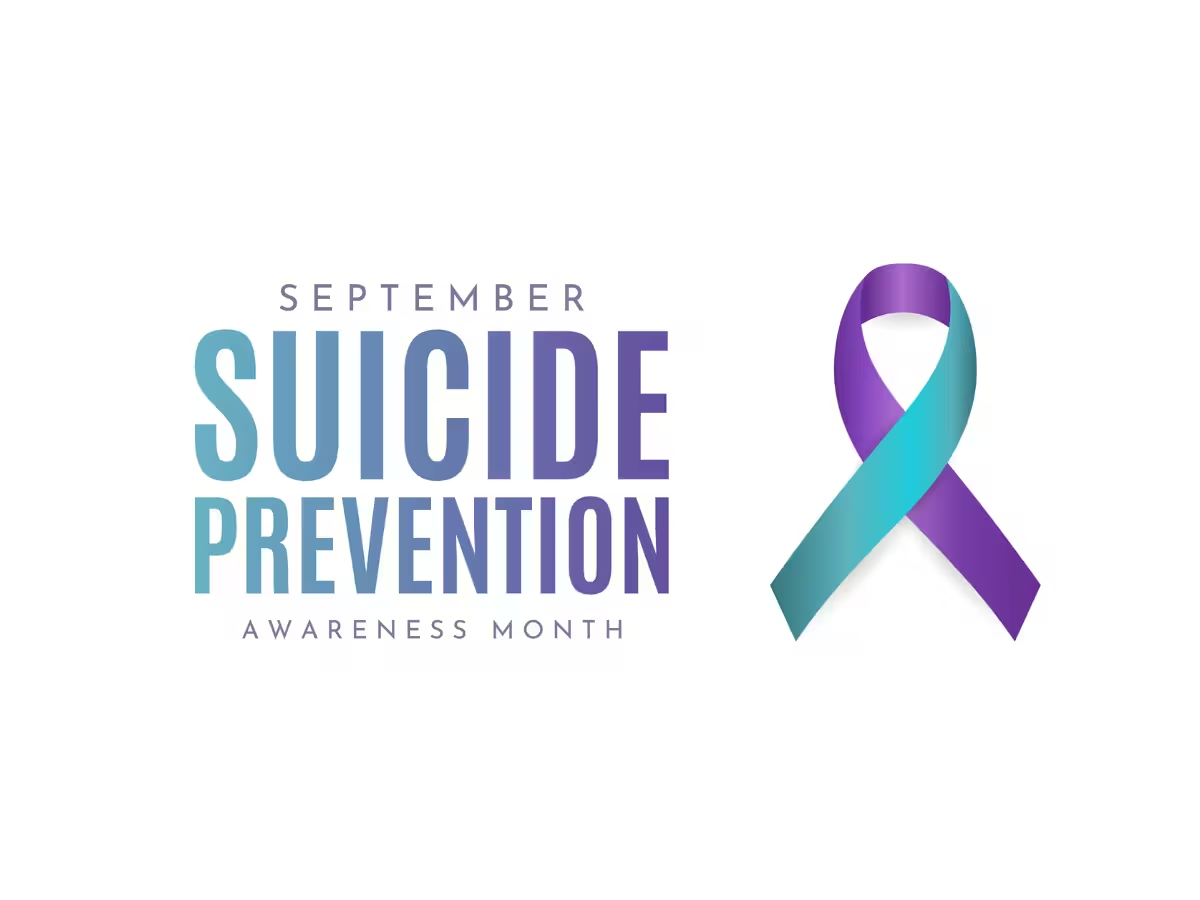Description
Meal support and journaling can play an important role in the recovery journey. By pairing structured eating with mindful reflection, you create a supportive routine that helps reduce anxiety around food choices. This worksheet encourages you to track meals and snacks, while also exploring the thoughts and emotions that surface before, during, and after eating.
Taking time to record your experiences not only brings awareness but also allows you to notice patterns, celebrate small wins, and practice self-compassion. Over time, journaling can become a grounding practice that makes mealtime feel less overwhelming and more manageable.
The Role of Food Journaling
Food journaling isn’t about strict rules—it’s about awareness. Writing down what you eat and how you feel helps you connect food experiences with emotions, uncover patterns, and build mindfulness around eating. This simple practice can bring clarity and calm to recovery.
Why It’s Helpful
- Encourages routine: Helps establish consistency in eating patterns.
- Connects food & emotions: Builds awareness of how feelings influence eating behaviors.
- Promotes self-reflection: Creates space to notice progress and challenges without judgment.
- Supports accountability: Offers a tool to share with a therapist, dietitian, or support group.
“Food journaling is not about perfection — it’s about awareness. Each note you write is a step toward understanding your body, your needs, and your healing process.”
.png)
.png)

.png)


.png)



.png)

.png)








.png)



.png)


